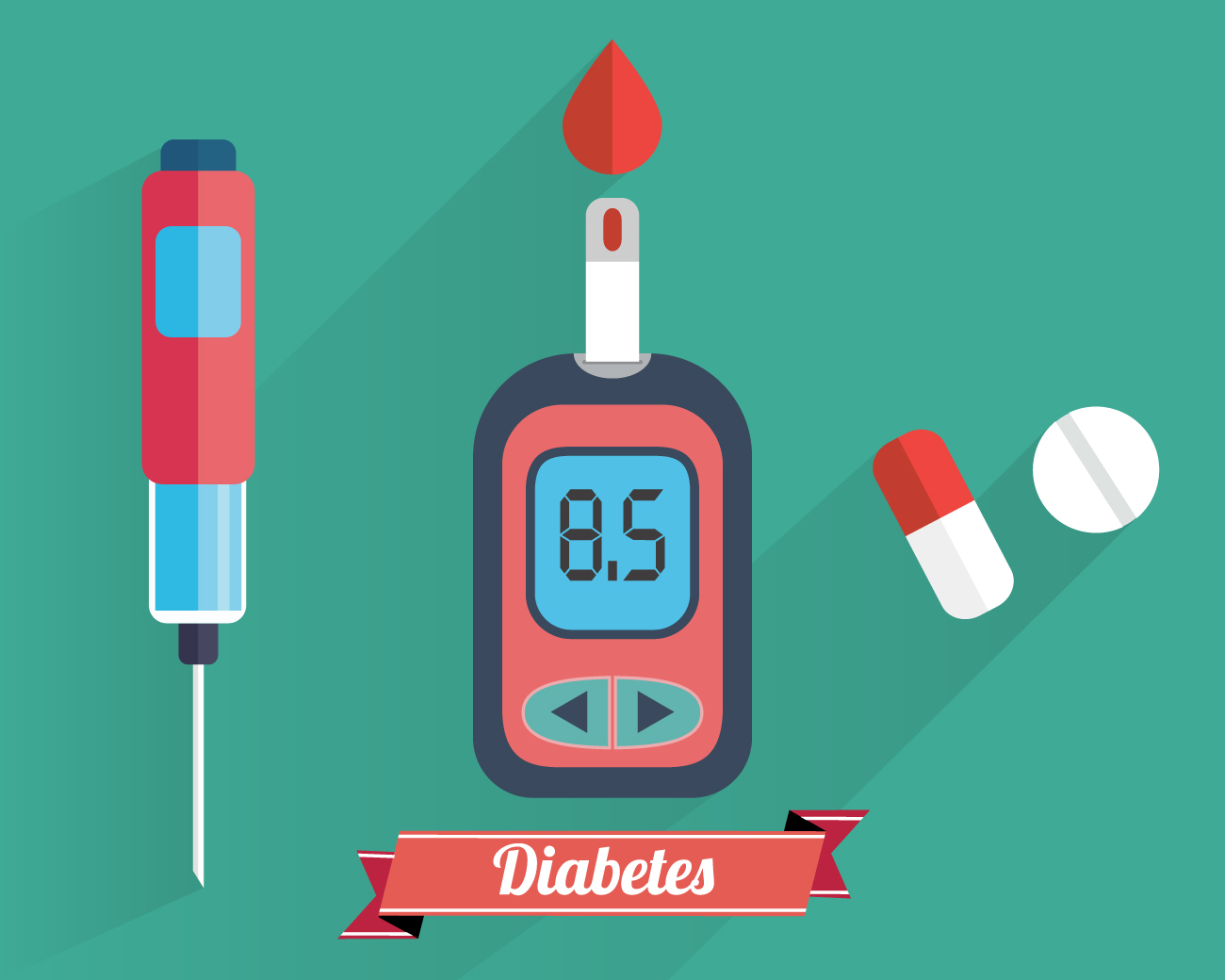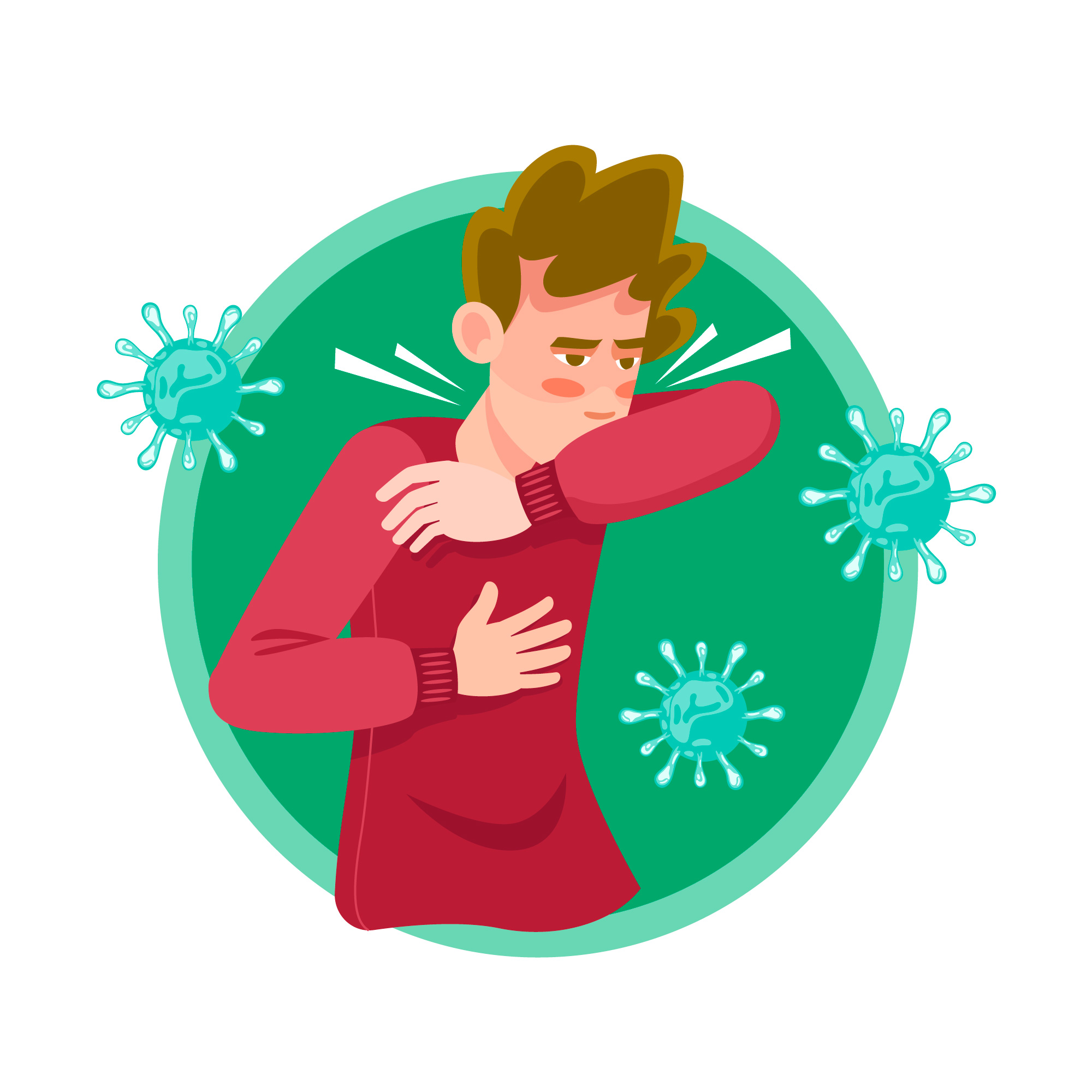A roundup of research articles published in the previous month (16 February 2023 – 15 March 2023) at the institute:
Circulatory RNA and liver metabolism in Diabetes: A potential strategy for therapeutics


Liver being the hub of metabolism is one of the organs that gets adversely affected in metabolic disorders like diabetes. Breakdown of glycogen to release glucose in circulation and synthesis of glucose via gluconeogenesis are employed when glucose levels are low in the blood. The release of insulin in response to increased glucose levels serves to inhibit the release of glucose by the liver. Insulin resistance in the case of Type 2 diabetes causes increased glucose production inside the liver and in turn increased lipid production, thus making diabetic individuals susceptible to developing fatty liver.
Metabolic regulation has been increasingly shown to be mediated by miRNAs. Some of these miRNAs are also present in circulation (packed inside vesicles) and are being tapped for diagnostic purposes. The targeting of these miRNAs also holds therapeutic potential, that is if the function and mechanism are well understood. Dr. Malabika Datta’s group reports one such miRNA, mir-98-5p, which was reported to be downregulated in diabetes, to be regulating glucose and lipid metabolism in the liver. They show that mir-98-5p acts via protein phosphatase 1 regulatory subunit 15B (PPP1R15B) which leads to increased transcript levels of enzymes involved in gluconeogenesis and lipogenesis. The overexpression of mir-98-5p in hepatic cell line HepG2 inhibited both the metabolic processes via modulation translation of enzymes involved. The study is suggestive of the therapeutic potential of miRNAs like mir-98-5p that needs to be further explored using animal models.
mir-98-5p regulates gluconeogenesis and lipogenesis by targeting PPP1R15B in hepatocytes.
Khan R, Verma AK, Datta M. J Cell Commun Signal. 2023 Mar 14.
COVID-19 vaccination and microbial diversity of the nasopharynx


Generation of COVID-19 vaccines in record time is one of the most significant achievements of modern medical science. As the global population started to get vaccinated, the emergence of re-infections and infections in vaccinated individuals (vaccination breakthroughs) were witnessed. SARS-CoV2 also evolved into different strains – delta and omicron – to name a few, that exhibited better transmissibility and ability to escape the immune system, thus termed variants of concern. This evolution was one of the major reasons for vaccination breakthroughs along with the waning immunity generated via natural infection. Despite breakthroughs, the severity of the COVID-19 symptoms was dampened in vaccinated individuals as compared to the unvaccinated individuals.
In this article, Rajesh Pandey’s lab delves into the impact of vaccination on COVID-19 disease outcomes. They compared the transcriptome of unvaccinated and vaccination breakthrough cases to identify the microbes and the metabolic pathways that are distinct between the two. Their analysis pointed towards a reduced microbial diversity in the vaccinated individuals with a decrease in opportunistic microbes. The results are suggestive of the role that microbiota present in the nasopharynx play in influencing the disease trajectory and severity and one of the causes of protection induced by the COVID-19 vaccine.
Transcriptionally active nasopharyngeal commensals and opportunistic microbial dynamics define mild symptoms in the COVID-19 vaccination breakthroughs. Devi P, Kumari P, Yadav A, Tarai B, Budhiraja S, Shamim U, Pandey R. PLoS Pathog. 2023 Feb 17;19(2):e1011160.
India-specific (potential) pathogenic gene variants associated with neurological conditions
The IndiGen project – a collaborative study by the labs of Sridhar Sivasubbu and Vinod Scaria – mapped the gene variants that are responsible for the genetic and (part phenotypic) diversity that is seen within the country by sequencing 1029 individuals. The goal was to identify India-specific gene variants that could not have been detected in the various existing global consortia that have collected genomic data from various populations of the world. The identification of rare disease variants is possible through such efforts. In this article, they report variants that hold potential causative candidate gene variants for neurological conditions like intellectual disability and neurodegeneration.
Whole-genome sequencing of 1029 Indian individuals reveals unique and rare structural variants. Divakar MK, Jain A, Bhoyar RC, Senthivel V, Jolly B, Imran M, Sharma D, Bajaj A, Gupta V, Scaria V, Sivasubbu S. J Hum Genet. 2023 Feb 22.
Read the full article here.

